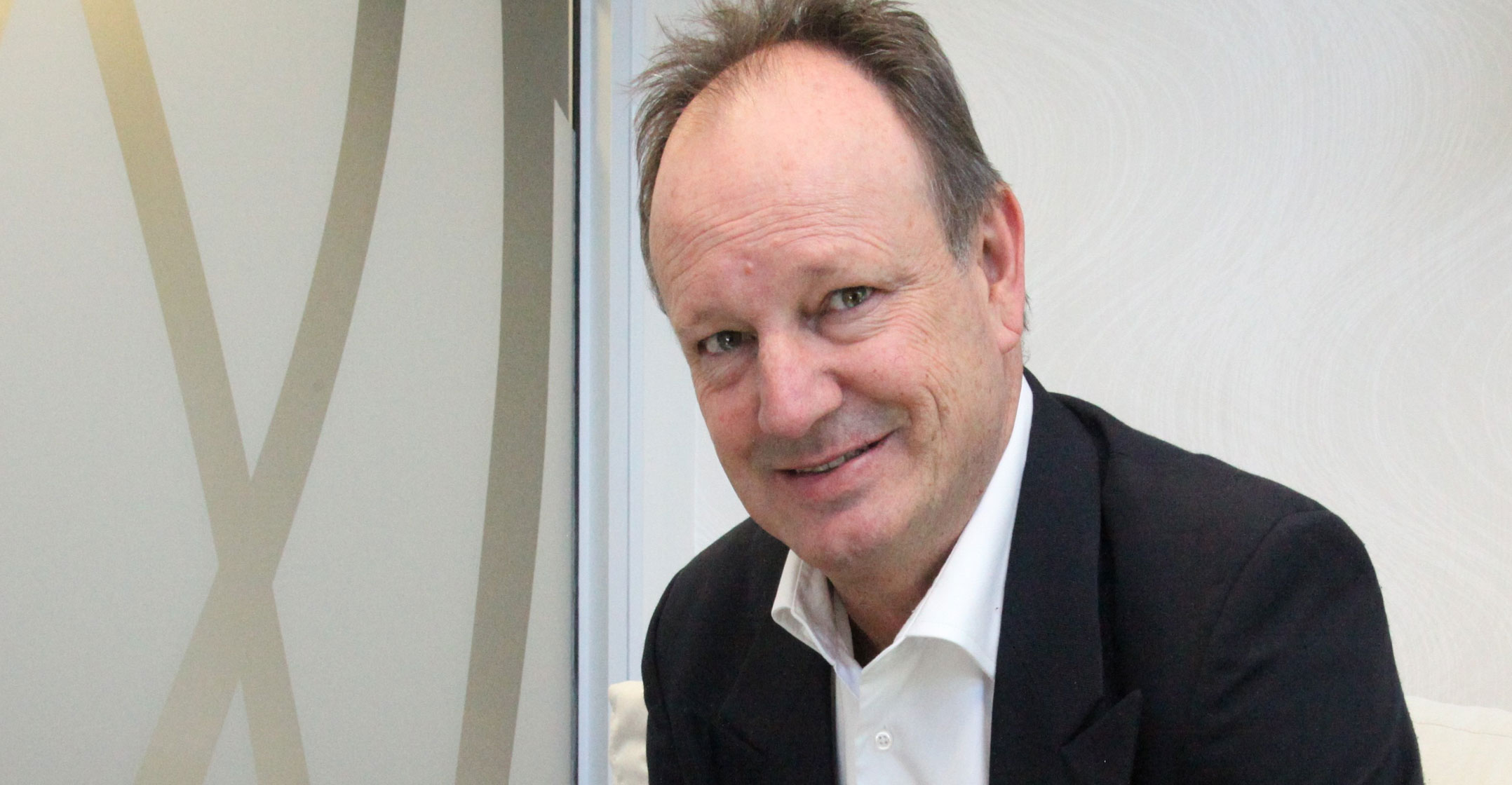
[dropcap]T[/dropcap]he Organisation Undoing Tax Abuse (Outa) said on Monday that, according to its calculations, Austrian-owned e-toll collection company ETC earns nearly three-quarters of all tolls collected on behalf of roads agency Sanral.
“Following [transport] minister Joe Maswanganyi’s recent update and explanation of the e-toll situation in parliament last week, Outa has deduced that of the R2,9bn e-toll income received from motorists since inception (December 2013) to March 2017, the Austrian-owned e-toll collection company ETC was paid R2,2bn, or 74%,” the organisation said in a statement.
“This is a clear indication of how irrational the scheme has become, and what makes matters worse is the compliance levels continue to decline year on year,” Outa said. “At an average of R55m/month paid to ETC, and with the current e-toll income levels at around R63m/month, virtually no money is going toward the e-toll bonds.”
This explains why Sanral’s bond auctions are not attracting investors, said Outa chairman Wayne Duvenage.
“Our assessment of Sanral’s latest reporting indicates they are not accounting for e-toll revenues billed at the punitive tariffs, but instead are reflecting their invoicing and outstanding revenues at the discounted e-tag rates,” said Duvenage.
He said reflecting all e-toll invoices at the discounted rate suggests Sanral wants to present outstanding debt as being lower, despite reflecting the outstanding debt to unregistered road users at the higher punitive tariff.
Sanral hits back
In response, Sanral spokesman Vusi Mona said Outa, in making its calculations of how much is paid to ETC, is focusing on the cash collected, which “skews” the number.
“The non-payment of e-tolls cannot be used as the basis on which to determine the cost of collection, as the current ongoing litigation will determine the ability to realise the revenue,” Mona said.
“In terms of the previously reported revenue, the toll operation costs are still aligned with the 17% anticipated cost of collection. Unfortunately, toll collection is impeded as a result of Outa and others’ relentless campaign encouraging non-payment of e-tolls, which is unlawful.”

The toll operations company does not get a percentage of the toll revenue collected but is compensated in terms of a tendered schedule of rates for services delivered, Mona added. “The exact amount paid by Sanral per month differs depending on services provided.”
Mona said ETC is a South African company. “Statements made that revenue has or will leave the country have been addressed many times in the past. There is a vast difference between revenue (turnover) and profit,” he said.
“The amount paid to ETC is compensation for services delivered in accordance with tendered tariffs. All operational costs are paid within South Africa — costs such as employee costs, administration costs, communication costs, banking fees, facilities (including maintenance and asset refresh), rates and taxes.”
Only if a profit is made is there a possibility that money might leave the country, subject to Reserve Bank requirements and tax regulations, he continued.
Regarding Outa’s claim that Sanral’s bond auctions are not attracting any investors, Mona said that at the last such auction, on 14 September 2016, the company received total bids of more than R1,7bn, well ahead of the R500m it was looking to raise.
He said Sanral has postponed some of this year’s planned bond auctions “due to changes in cabinet and sovereign credit downgrades”. The next bond auction will take place on 21 June.
“It is concerning that Outa appears to relish in the current situation that Sanral finds itself. Despite all their efforts in the past, the courts have found that the [e-tolls] project was implemented legally,” Mona said.
“The current campaign is based on encouraging road users to break the law. This is unlawful and Sanral is confident that the current matters before the courts will find this to be the case. Road users follow Outa’s advice at their peril.” — (c) 2017 NewsCentral Media




